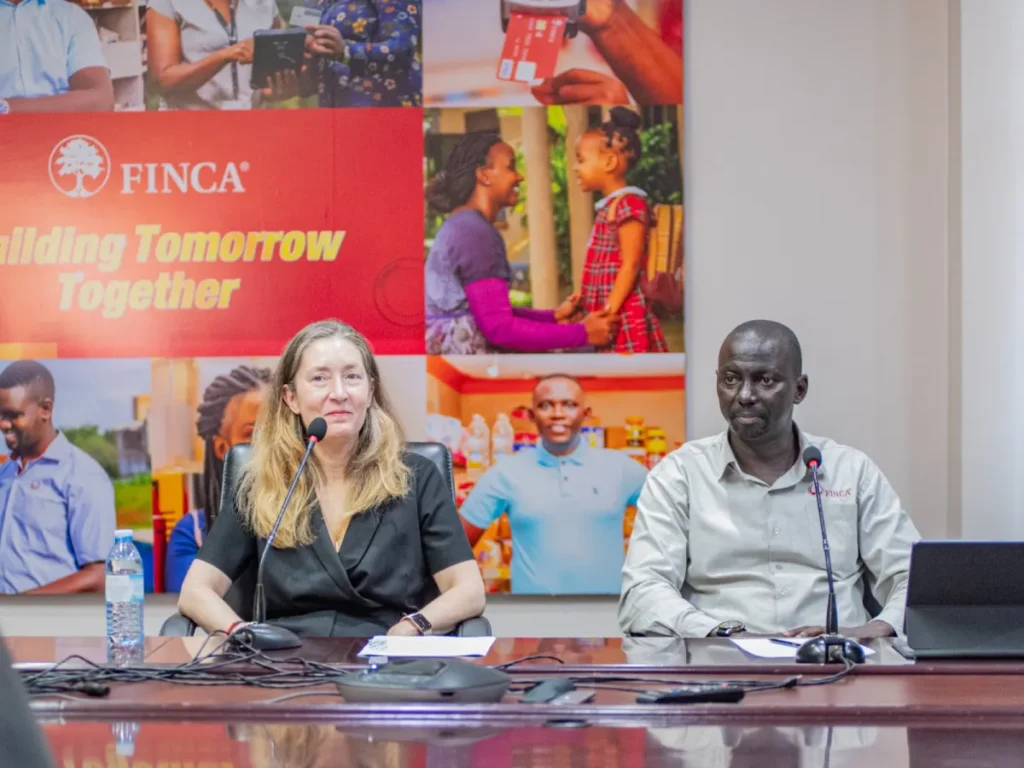
FINCA Uganda has announced an expansion of its services to tackle poverty and promote financial inclusion, introducing new initiatives to support small entrepreneurs and cooperatives. The new services – financial education, technical assistance, and employment diversification – complement existing microfinance offerings, providing a holistic approach to addressing poverty and financial exclusion.
As a hub for microfinance innovation, FINCA Uganda is testing new ideas nationwide, including a project combining financial education, employment training, and Early Childhood Development centers to support refugee communities and Ugandan nationals. “FINCA Uganda is proud to expand its impact to some of the most marginalized communities in Uganda, recently extending its outreach beyond Ugandan nationals to refugees,” said FINCA International President Andree Simon. “While microfinance continues to be at the heart of FINCA, the expanded strategy reinforces FINCA Uganda’s commitment to serving people at the bottom of the economic pyramid.”
Since its founding in 1984, FINCA has focused on empowering women to achieve financial independence and create prosperous futures for themselves and their families. FINCA has long offered tailored financial products and financial literacy trainings. In Uganda alone, the organization has supported over 530,000 individuals and their families and has built a customer base of 150,000 customers, 45.5% of whom are women. “We want Uganda to be the centerpiece of defining the future of microfinance and challenging the old way of operating,” Mr. Andree explained.
FINCA Uganda bases product development on customer feedback and input, optimizing its services to create an excellent customer experience. The bank has also invested heavily in technology that expands access and convenience for the bank’s customers. By increasing access to credit to refugees, women, and people in agricultural areas and combining that activity with other support, FINCA is strengthening its ability to impact under-resourced communities.
